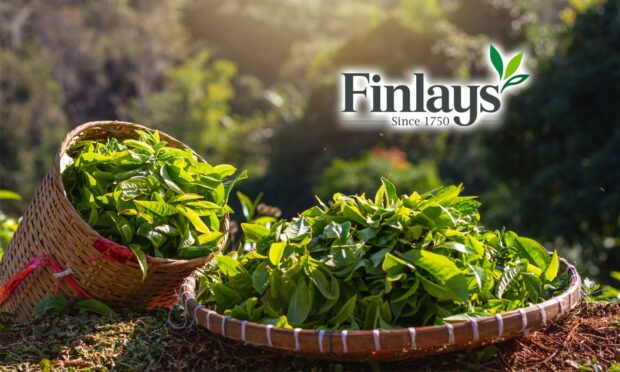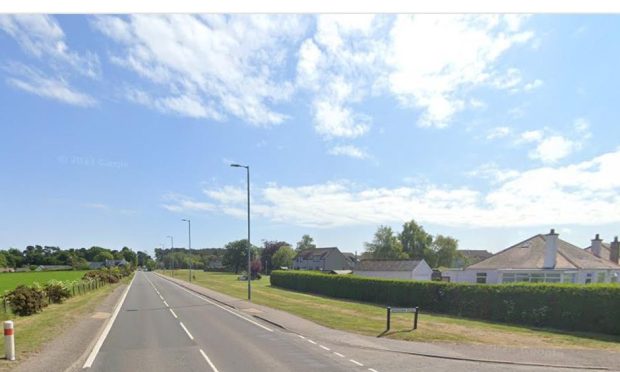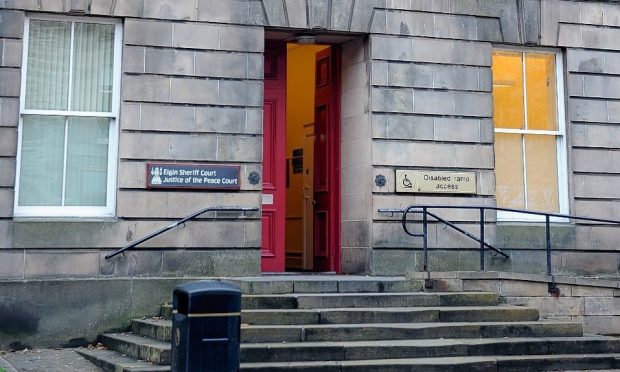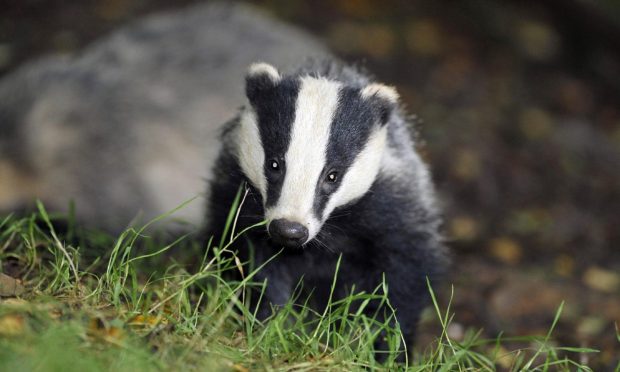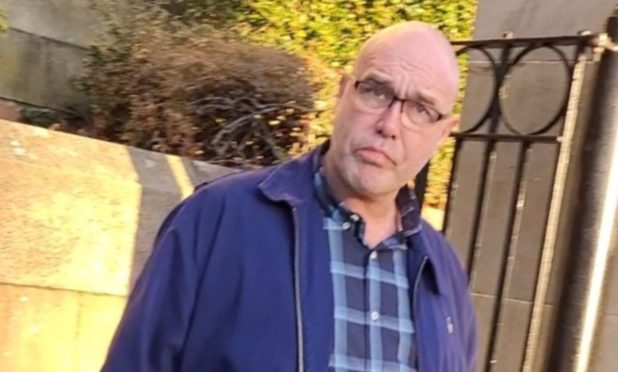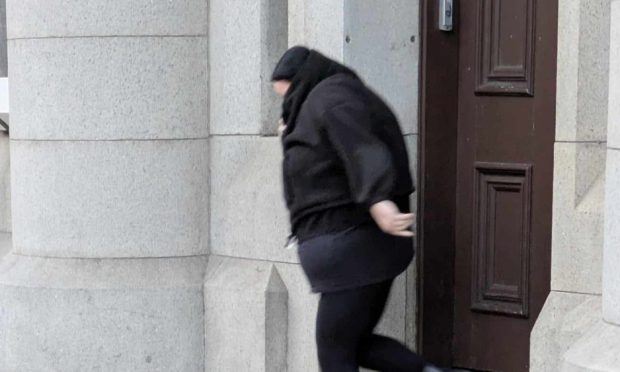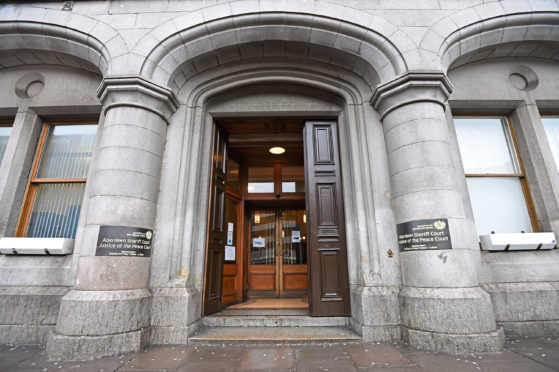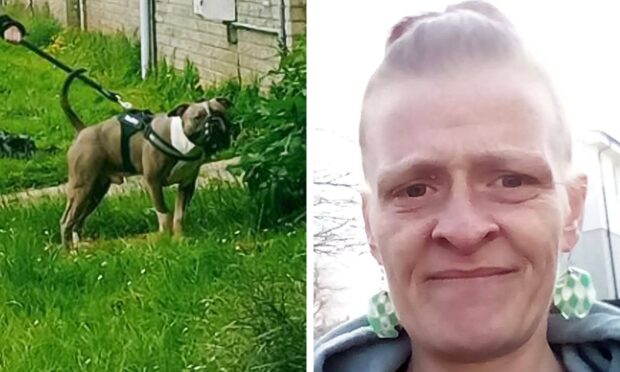Pregnant Kenyan women who worked for an Aberdeen-registered tea producer didn’t have maternity leave and had to work in “extremely difficult” circumstances, a court has heard.
Advocate Andrew Smith QC told judge Lord Weir that evidence is available which shows that expectant mothers didn’t have access to “suitable sanitation facilities”.
The Court of Session heard Mr Smith say the women worked for Finlays, a multi-national company that was founded in the Granite City in the 18th century.
The workers claim that conditions on Finlays’ tea farms in Kenya damaged their health and they are seeking compensation from the Aberdeen-based company.
Claims workers’ health was damaged
During a procedural hearing yesterday, Mr Smith said that the action will focus on workplaces practices and how these procedures damaged people’s health.
He said people who plucked tea with their hands suffered injuries. But he also said that other practices contributed to ill health.
Mr Smith added: “I’ve been asked what the claims are about – I’ve identified nine items – yes, the hand plucking is part of it.
“But the automated plucking machine is also part of this.
“That machine – and I’ve seen photographs of it – is carried by two people held over the tea bushes and moved to the side as it clips.
“It weighs a considerable weight and it has to be carried. The claims include that.
“It also includes the carrying of baskets containing the plucked tea over considerable distances – I think many kilos, 15 kilos or thereby, repeatedly over difficult terrain.
“It also covers long periods of work and a requirement to pick a minimum amount of tea before one is eligible for payment.
“Also, we say an issue is the giving of medication to mask the pain. The defenders present this as that they provided medical assistance.
“The information that we are provided with is that those who were complaining of pain and discomfort were given painkilling medication to allow them to continue with the work.
Without suitable sanitation facilities
“We have workers without maternity leave who are being required to work in extremely difficult circumstances – ie being pregnant – without the provision of suitable sanitation facilities.
“Now all of these issues are relevant to the issue of how the work practices impacted upon the individuals.”
The action being brought before the Court of Session is known as a ‘class action’ in other countries.
Lawyers for the company are contesting the action.
More than 800 workers taking legal action
The Finlays group is one of the world’s biggest producers of tea and coffee and includes Starbucks among its customers.
It operates on five continents and can trace its origins back to James Finlay, a cotton merchant who founded the business in Scotland in 1750.
A previous court hearing heard the pickers claim they were routinely asked to work up to 12 hours a day without a break, for six days a week, earning in 2017 an average monthly wage of £100.
Pickers had to harvest a minimum of 30kg (4st 10lb) of tea to be paid anything at all, it was claimed.
There are over 800 workers involved in the action.
Musculoskeletal injury
During yesterday’s hearing Lord Weir also gave permission for an advert for the action to be placed in the national newspapers.
He also ordered Mr Smith’s legal team to submit their plans for an advert in the Kenyan press to the court and to Finlay’s lawyers.
Lord Weir added: “I will grant permission for the bringing of group proceedings against James Finlay Kenya Ltd.
“I will order that the group proceedings be known as the James Finlay Kenya Ltd Estate Workers Group proceedings.
“I will define the group and issues as claims in respect of musculoskeletal injury arising from common conditions of employment of employees engaged in harvesting tea on estates owned or operated by the defenders.”
The case will next call sometime in the near future.
